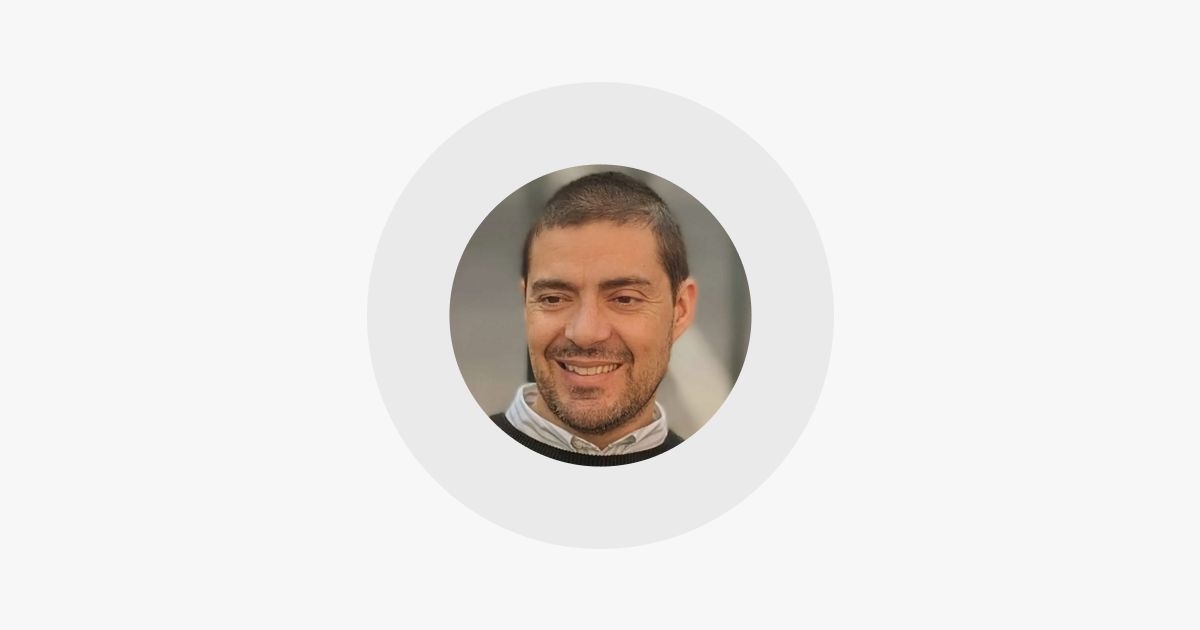From Florence Nightingale to Machine Learning

If Florence Nightingale were alive today, what would she think upon seeing a machine learning algorithm as a care assistant? Would she have lit her famous lantern or turned off the server?
This question, which seems straight out of a Jules Verne novel and at first glance appears to link the "Lady with the Lamp" to an algorithm with a cloud server, is more relevant than ever. But make no mistake, there are more points of contact between the two than between a stethoscope and a phonendoscope, and any resemblance to the name of the London indie rock band (Florence and the Machine) is pure fiction.
Nursing, once centered on human touch, now also thrives on the digital click. And it is in this dialectical intersection between tradition and innovation that the future of the profession is being shaped.
Nightingale revolutionized nursing, pioneering the application of statistics and rigorous clinical observations to promote health reforms and improve healthcare. Before interactive dashboards and big data , she was already using graphs to transform and influence hospital reorganizations and public policies focused on preventive health (demonstrating that preventable diseases caused more deaths than injuries in wartime).
She not only illuminated dark wards, but also illuminated political minds with data. If she were to observe today the artificial intelligence (AI) models that analyze large volumes of clinical data to predict risks, suggest interventions, and assist in the decision-making process, she might demand that they be as transparent as her diagrams, and perhaps as ethical as the light of her lantern.
AI in healthcare in general, and in nursing in particular, has indeed been capitalizing on advanced tools and undeniable gains: personalized care, operational efficiency, support for clinical decision-making, and adaptive training/education.
Today we talk about Machine Learning as if it were a new colleague on the shift. One who is never late, doesn't ask for a coffee break, but also can't distinguish a look of pain from a look of longing. But, like any new colleague, it needs supervision. Because caring these days is much more than processing data; it's interpreting silences, recognizing glances, holding hands with compassion, dignity, and human values, at the epicenter of innovation.
Human care is unsurpassed!
In this context, the integration of AI raises complex and unavoidable ethical questions and concerns. Clinical responsibility becomes blurred: if an algorithm suggests an intervention, who is responsible for it? The healthcare professional, in this case the nurse? The programmer? The hospital or healthcare institution? And what about the "black box" of Machine Learning models? A box that, unlike Pandora's box, instead of hope, releases interpretive ambiguity?
There is also the risk of dehumanizing care. When technological progress sets the pace, human beings must invest in their own "humanization." No algorithm knows when it's time to be silent beside a sick person. Privacy and data security require constant vigilance and scrutiny, and algorithmic bias can perpetuate historical inequalities, transforming care into calculations and equity into statistics.
Therefore, clear ethical principles must be proposed: transparency, justice, respect for autonomy, beneficence, and non-maleficence. And, above all, digital literacy in a broad sense and critical algorithmic literacy in particular, because a nurse who understands an algorithm is a professional who cannot be replaced by it.
Nursing must lead this technological transformation and integration. Not as a passive and mindless operator, but as a critical, ethical, and humane user. There should be ethical advocacy and collaborative work with engineers, lawyers, and philosophers… yes, even with philosophers, to ensure that technology amplifies, and does not replace, the values of the profession.
If Florence Nightingale had had access to ChatGPT or Copilot, she might have used them to write reports faster. But also, certainly, to question the ethical foundations of her programming.
Because caring is, above all, thinking…and thinking critically and based on the best scientific evidence available. And this thinking, grounded in ethical principles…is what distinguishes us, even in the age of algorithms.
May the light of Florence, which illuminated the path, never be extinguished.
May algorithms multiply it with science, responsibility, and humanity!
observador




